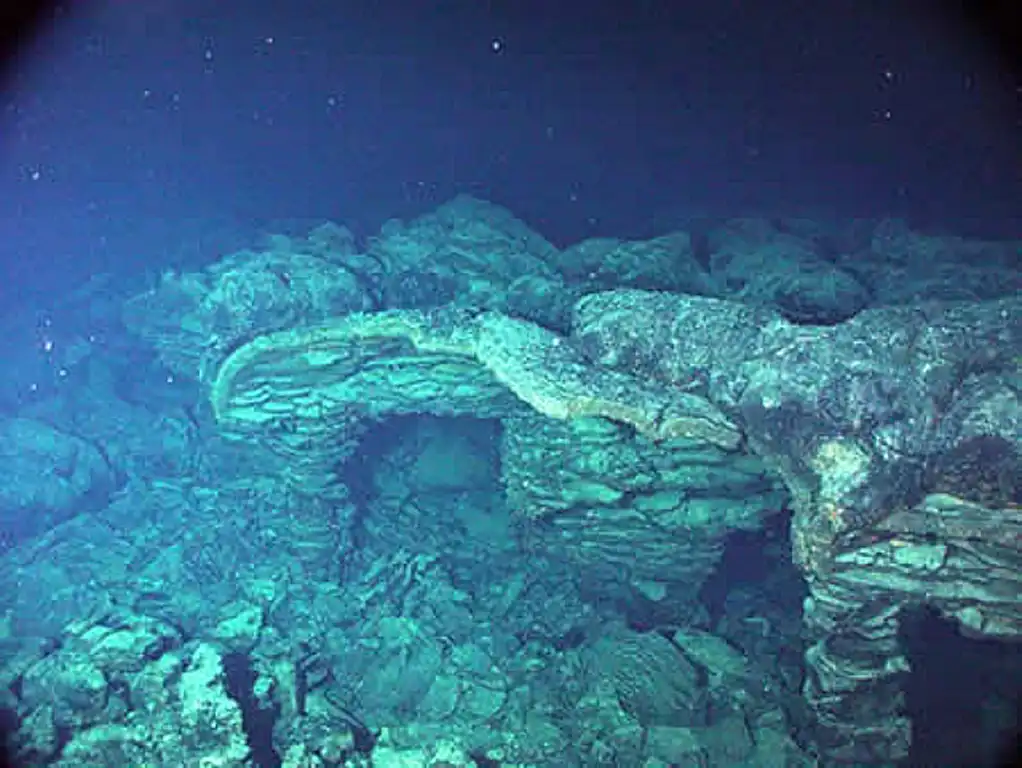Fiji now faces a serious dengue fever outbreak. The U.S. Centers for Disease Control and Prevention has placed the popular island destination under a Level 1 travel notice. This lowest-level advisory tells visitors to “practice usual precautions” rather than avoid travel altogether.
The numbers show why health officials worry. Fiji recorded over 2,400 dengue cases between January and late February 2025. Weekly cases topped 800 by early April. These figures far exceed the normal rate for this time of year.
Heavy rainfall created perfect breeding conditions for the Aedes mosquito that spreads dengue. The current outbreak features two main virus types – DENV-2 and DENV-3.
Fiji’s health ministry declared the outbreak in February. They urged residents and visitors to protect themselves and seek medical help quickly if symptoms appear.
Similar Posts
Dengue causes high fever, severe headache, joint pain, and rash. Most people recover in two weeks. About 1 in 20 cases becomes severe dengue, which can cause bleeding, organ failure, and sometimes death. With prompt hospital treatment, the recovery rate exceeds 99%.
Half the world’s population now lives in areas where dengue exists. The World Mosquito Program called 2024 “the worst year for dengue on record.”
Simple steps help travelers stay safe. Effective mosquito repellents contain DEET, picaridin, or oil of lemon eucalyptus. Long sleeves and pants create a physical barrier. Air-conditioned rooms or screens keep mosquitoes out while sleeping. For more general travel health tips, consult reliable resources.
Tourism continues despite health concerns. Fiji welcomed record visitors in 2024, including more than 80,000 cruise passengers. Resort areas maintain strict mosquito control measures to protect guests.
Smart travelers also watch for other health risks in Fiji. The same mosquitoes spread Zika virus. Food and water may carry typhoid or hepatitis. The November-to-April wet season brings cyclone and flooding risks. Staying informed about safe travel tips is always recommended when visiting tropical destinations.
A newer dengue vaccine called QDENGA exists in multiple countries but remains unavailable in the United States. Travelers should discuss prevention options with their doctor before departure.

Comprehensive travel insurance matters when visiting Fiji. Remote areas have limited medical facilities, and serious cases might require medical evacuation to another country.
The CDC includes several other countries on its dengue travel notices, including Mexico, Brazil, and the Philippines. Each shows higher-than-usual case numbers that put visitors at increased risk.


















